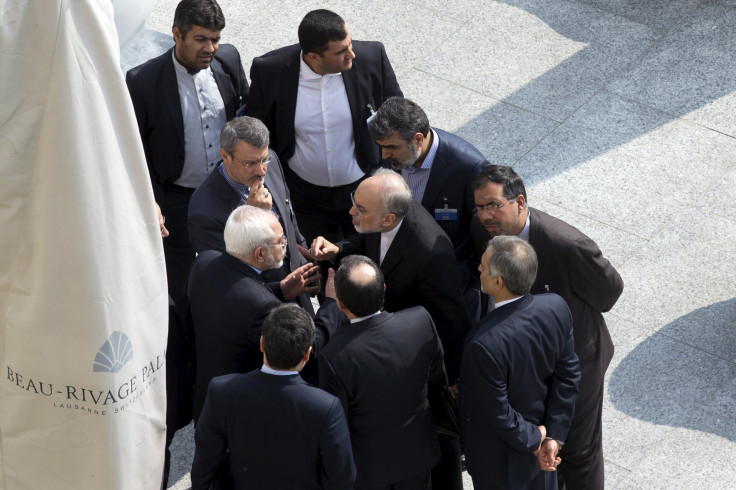Iran Nuclear Talks Favored By Americans, Poll Says; Tehran Not Trusted

Almost half of Americans recently surveyed by the Pew Research Center favor the Iran nuclear talks -- even as time is running out. The poll shows that 49 percent of the U.S. public approves of negotiations with Tehran, while 40 percent disapprove. President Barack Obama has pushed for an Iran deal over the objections of Republican leaders (and some Democrats). But an overwhelming majority of Americans would prefer Congress to have the final say on any Iran nuclear deal (62 per cent for Congressional approval against 29 per cent for the president).
While most Americans say the talks are worth holding, about 63 percent believes that Iranian officials are not serious about a deal. That rate has remained relatively stable in the past two years, according to the Pew Research Center. The group with the highest disapproval rate of the negotiations is conservative Republicans.
The deadline for the talks (which are taking place in Lausanne, Switzerland) is Tuesday, March 31. On Sunday, Russian Foreign Minister Sergei Lavrov announced that Moscow would return to the table by Tuesday only if it looked like an agreement could be reached. Earlier, Iran backed out of one of the deal’s key points, insisting it would not export its uranium enriched fuel. The provision was to block any future shipment of enriched oil.
Despite Tehran's backstep, delegates continue to debate. U.S. Secretary of State John Kerry said talks could go into the night in order to reach a resolution by deadline. "There still remain some difficult issues," Secretary Kerry told a reporter. "We are working very hard to work those through. We are working late into the night and obviously into tomorrow."
Marie Harf, a State Department spokesperson, addressed concerns that current Mideast unrest could jeopardize the negotiations. “We have been very clear that we need to keep regional issues separate from the nuclear issue and this really has to be focused on the nuclear issue,” she said. “That issue is a difficult enough one on its own; that’s why we’re focused on that here. And what’s happening in the rest of the region hasn’t impacted those talks.”
The six world powers want more than a 10-year suspension of Iran's nuclear program, while Iranian officials demand the end of international sanctions against its economy.
© Copyright IBTimes 2024. All rights reserved.






















